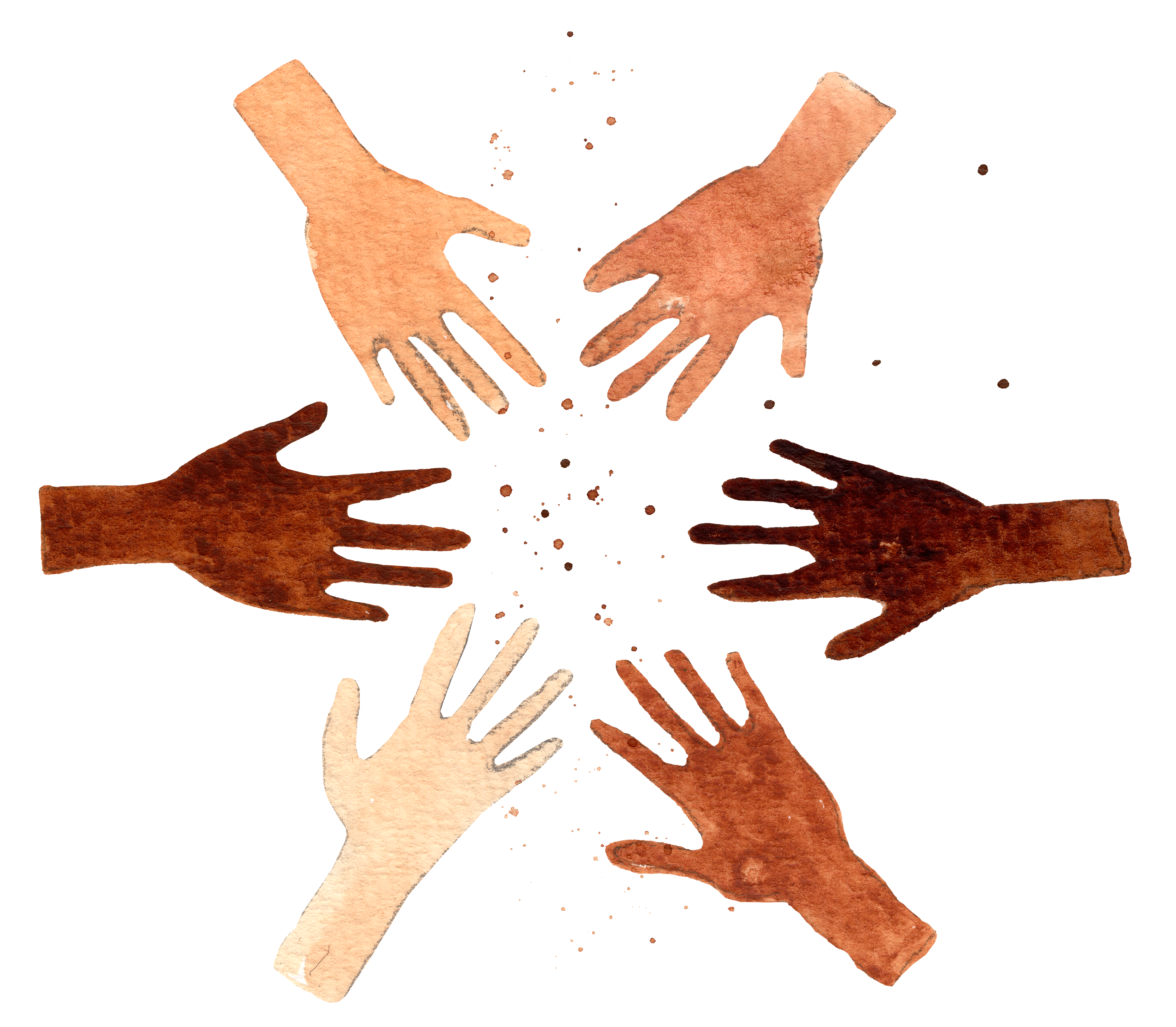Statement of Intention on Social Justice
 Date of last update: February 5, 2026
Date of last update: February 5, 2026
We anticipate this document to be living and always in process, reflective of our ongoing growth and learning. We invite community feedback through the form at the bottom of this page.
Why Justice & Equity Matter in Food and Agriculture
At NOFA-VT, we believe diversity is essential to thriving natural systems above and below ground—and humans are an integral part of those systems. In agriculture, we know that systems lacking diversity are more vulnerable to stress, disease, and collapse. When our land stewards, community leaders, and programs are not diverse, we create the human equivalent of a monoculture—fragile and short-sighted.
We aim instead for a polyculture: a system that is diverse, resilient, and interdependent, where many different strengths work together to create long-term stability and abundance.
For too long, barriers within our food and farming systems have kept some people from fully participating or benefiting, weakening the whole system in the process. These barriers show up in different ways for people across race, class, gender, sexuality, immigration status, disability, and more, and they place the greatest strain on those with the fewest resources to absorb risk.
At NOFA-VT, we see ourselves as part of a larger network of farmers, organizers, and community members working to build an agriCULTURE that works better for everyone—one that values diversity, removes unnecessary barriers to participation, supports wellbeing, and cares for the land we all depend on.
When more people are supported in growing food, stewarding land, and contributing to their communities, the entire system becomes stronger and more reliable. Repairing what isn’t working and designing systems that are inclusive and collaborative is necessary for ensuring that all people can be fed, now and into the future.

Equality means giving everyone the same resources or opportunities. Equity recognizes that people start from different places and have different needs—and that thriving systems respond accordingly.
In agriculture, we already practice this kind of thinking: we amend soils based on their needs, adjust practices to local conditions, and support crops differently so the whole system can succeed. In the same way, cultivating equity means paying attention to what people and communities need to fully participate and thrive.
For farms, people, and the planet to thrive, we must work to cultivate functional diversity and equity in everything we do.
Our work is guided by a commitment to building systems that are fair, functional, and capable of supporting long-term wellbeing—for people, farms, and the land. We strive to ensure our programs and partnerships are grounded in shared responsibility and mutual care, guided by the following core values:
- Trust and integrity in everything we do
- Care and reciprocity between people and the planet
- Justice and wellbeing for all
In the United States, our agricultural history is shaped by both ingenuity and harm. Land theft, stolen labor and slavery, genocide, and exclusionary policies have played a significant role in building today’s food and farming systems, and their impacts continue to shape who has access to land, capital, safety, and opportunity. These histories are not abstract—they influence present-day outcomes for farmers, farmworkers, and communities.
At NOFA-VT, we believe that understanding this context helps us make better, more responsible decisions today. Acknowledging past and present harms is not about assigning blame—it’s about recognizing how systems function and how people are differently impacted within them so we can help repair what isn’t working and build something stronger in its place.
NOFA-VT has long addressed social justice concerns, particularly those rooted in economic access. Programs like Farm Share, which reduce barriers to organic and local food for low-income communities, reflect our commitment to ensuring that good food is not a luxury but a shared resource. Through a strategic planning process in 2018, our staff and board updated our mission to explicitly name social justice as one of three foundational pillars of a thriving future for organic farming. Since then, we have continued to deepen our understanding of where our work can have the greatest impact and to act with greater intention. Some examples of how this shows up in our work include deepening relationships with BIPOC-led organizations, sustaining mutual aid efforts, leveraging our capacity and relationships to more equitably distribute financial resources, and working toward diversity in our organizational leadership, including staff and board.
By grounding our work in this understanding of history and lived experience, NOFA-VT aims to help cultivate food and farming systems that work better—for farmers, for communities, and for the land we all depend on.
- Why Racial Equity Should be Centered in the Organic Movement
- Stolen Lands: A Black and Indigenous History of Land Exploitation
- HEAL Food Alliance Platform for Real Food
- Keynote by Leah Penniman, 2019 NOFA-VT Winter Conference
- Leah Penniman is a Black Kreyol educator, farmer/peyizan, author, and food justice activist from Soul Fire Farm in Grafton, NY. She co-founded Soul Fire Farm in 2011 with the mission to end racism in the food system and reclaim our ancestral connection to land. This recording is from the 37th annual NOFA Vermont Winter Conference in Burlington, VT, on February 16, 2019.
- Gravy Podcast: Tending Series - Episode 6: What’s Next
- Dismantling Racism In the Food System
- 4 Not-So-Easy Ways to Dismantle Racism in the Food System
